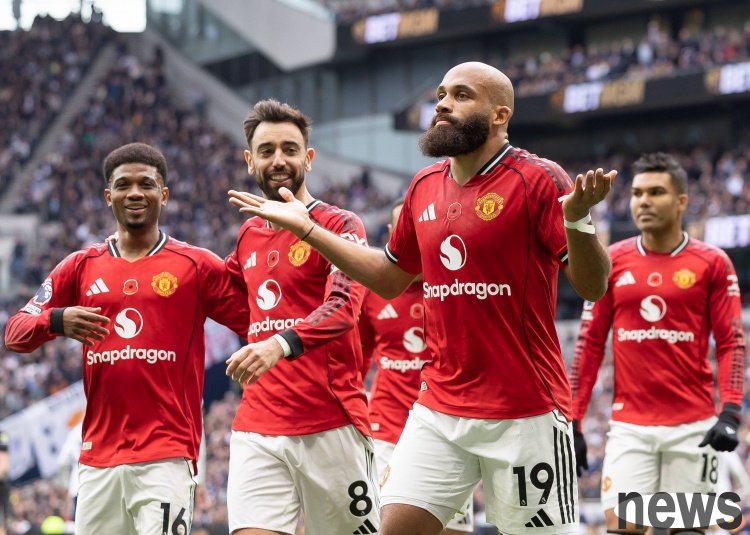Manwan reported that modern football often reflects the changes in the world around it. In the 1960s and 1970s, when older generations of spectators watched football matches, there was little discussion of the mental state of the players or teams. H...

Manwan reported that modern football often reflects the changes in the world around it. In the 1960s and 1970s, when older generations of spectators watched football matches, there was little discussion of the mental state of the players or teams. However, as the world becomes more aware of mental health issues, the football world is also starting to embrace the topic.
Nowadays, every Premier League club considers a player's mental toughness in every aspect of a player's career, from scouting to player departure. Manchester United are no different and currently have two players in their squad who are facing mental challenges.
The first is Lisandro Martinez. The Argentinian player suffered an ACL injury shortly after suffering a serious foot injury and has been sidelined since February. He has now returned to United's training camp to continue his recovery and is expected to return to action before the festive period. But overcoming the mental hurdle of returning to professional football will be a key step in Martinez's recovery.
Dr. Martin Turner, a psychology expert at Manchester Metropolitan University who has worked with the Football Association and Scarlet Rugby Football Team, believes that the 27-year-old Martinez may become stronger as a result.
"I would imagine he would be concerned about re-injuring himself," Dr Turner told the Manchester Evening News. "It's a legitimate concern. That's the reality. You don't want a player like that to delude themselves into thinking it will never happen again and everything will be fine because sport is so unpredictable and full of uncertainty. You can never really predict what's going to happen. "After two serious injuries, he learned a lot, and his character will change. In my experience, athletes who have experienced consecutive injuries and even multiple surgeries do have a change in their character. I don't think it's necessarily more resilience, but they will have a clearer understanding of what it means to them." Feeling grateful and thinking, 'This could go away at any time, so I have to work harder than before. I'm going to take care of myself and do all the right things. '"
"You can't just forget about it because there will be monitoring after training and games to make sure everything is going well because they haven't played a high-intensity game in a long time. So it's not just putting it in the back of your mind, but trusting the medical professionals you're working with that they won't let you play when you're not in good shape. Players need to gain confidence from that and trust the people they're working with before they can trust their own bodies."
Martinez's teammate Brian Mbeumo faces another mental challenge. Cameroon lost to the Democratic Republic of Congo in a World Cup qualifying match last week, meaning Mbemo's national team will miss out on next summer's World Cup in the United States, Mexico and Canada. Missing the World Cup, the pinnacle event in football, is undoubtedly a heavy blow to Mbemo. But Dr Turner believes United need not worry about Mbemo losing confidence after returning to England.
"I don't think they need to do anything special for it," he explained. "Experienced players are able to pick themselves up quickly and move on. One of the great things about football is that things change very quickly from one game to the next. If you're in a game A poor performance in one game, but a good performance in the next game, the previous poor performance will be forgotten. Things change quickly, so he should be able to get back into shape quickly and get into the game of the club."
"I think the direction of football is going, especially in this. The country, it's more of a club mentality where everyone realizes that's your main job. I don't think there's any problem with that and don't expect the staff to do anything special for it. I could be wrong and don't know what's going on behind the scenes, but from what I've seen in a similar environment. From experience, it's normal to expect players to get back up and move on. The more you take something too seriously, or bring it into the room, the more it affects other players, so you need to get him back in the game and into the team's mentality."